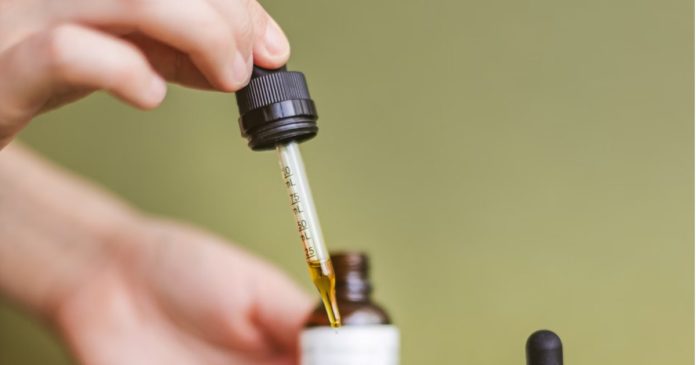Japan has taken a very conservative approach to cannabis since prohibition, but is loosening things up a little in some ways – while tightening up others.
Last year saw the Cannabis Control Law amended for the first time in three-quarters of a century, which was expected to accelerate the use of the non-intoxicating cannabinoid cannabidiol (CBD). However, tetrahydrocannabinol (THC), the intoxicating compound associated with a cannabis high remains tightly controlled and continues to be regulated as a narcotic.
Cultivation of hemp for CBD extraction (and fibre and grain) is permitted in Japan, but under a strictly regulated licensing system and violation of laws still attracts stiff penalties.
While CBD has been legal in Japan since 2013, this has been for non-medical CBD-infused products. The law change last year legalizes medical products using substances derived from cannabis and introduces a new licensing system for growers. But what it also does is criminalize non-medical marijuana consumption, which oddly enough didn’t exist before.
As an early indicator of some of the effects law changes may have, research from Euromonitor International found huge growth in Japan’s cannabis market over the past four years, expanding from just JPY4 billion (USD26.3 million) in 2019 to JPY24 billion (USD173.8 million) in 2023.
But also growing has been illegal cultivation and smuggling operations. While the proportion of the population using illicit cannabis is far less than in the West, Euromonitor suggests Japan’s domestic illicit market in 2023 was 2.5 times larger than the legal cannabidiol market.
The firm sees that changing very soon.
“CBD sales are projected to outpace the illicit cannabis market by 2026, driven by increasing health and wellness awareness among consumers seeking alternatives to traditional products like cigarettes and alcohol.”
In 2023, CBD made up around 28% of Japan’s cannabis market and the illicit market claimed 72%. In 2026, Euromonitor is expecting the CBD and medical cannabis market to capture 52%, while the illicit market will make up 48%. An important part of achieving this is education, as many Japanese consumers still have concerns regarding health safety issues of CBD.
Trivia: Cannabis has been cultivated in Japan since the Jōmon period; approximately six to ten thousand years ago.


